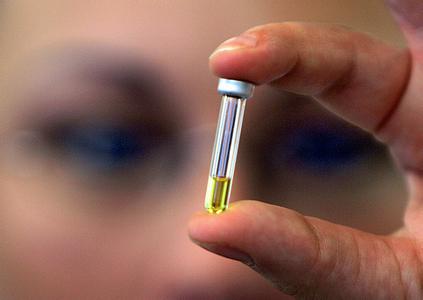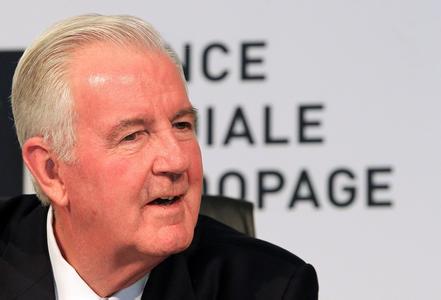A huge number of new illegal substances are fuelling a surge in sports doping
and "smarter" testing techniques are needed to catch cheats, according to the
head of the World Anti-Doping Agency (WADA).
China is the source of many of the new drugs despite efforts by the Chinese authorities to clampdown, WADA President Craig Reedie said.
New allegations of widespread doping in Russia and looming sanctions against the Tour de France winning Astana cycling team have cast a fresh spotlight on international efforts to stop drug cheats.
International Olympic Committee President Thomas Bach called this week for a renewed focus on the "evils" of doping and protection of "clean athletes."
Doping could also become a key topic in the election for the presidency of the International Athletic Associations Federation next year.
WADA is introducing a new code with tougher sanctions on January 1. But Reedie said the battle is far from won.
"On a very regular basis an enormous number of unknown, untested substances appear on the market," Reedie said in an interview.
"The Internet is a wonderful, wonderful benefit to mankind but it means you can pick up whatever you want from practically anywhere before we even know that it is on the market.
"The scale of the problem is not getting any smaller," Reedie said.
"A lot of it comes from China, for example. We have discussions with the Chinese authorities at the very highest level. They understand the issue, but it is a real struggle for a country to manage that process."
WADA could still appeal against a three-month ban imposed against Olympic champion Sun Yang, who failed a doping test at the national championships in May while the sanction was only announced in November.
But Reedie said, "The China Anti-Doping Agency is a good one. All the evidence I have is that they take this seriously."
Steroids and erythropoietin (EPO) blood boosters are all produced in backstreet factories in China and other Asian countries, according to experts. New drugs to cover up performance enhancing substances are also being developed.
More than 200,000 tests of athletes are reported to the agency each year, with about 1.3 percent failing. But Reedie said all countries must step up efforts.

